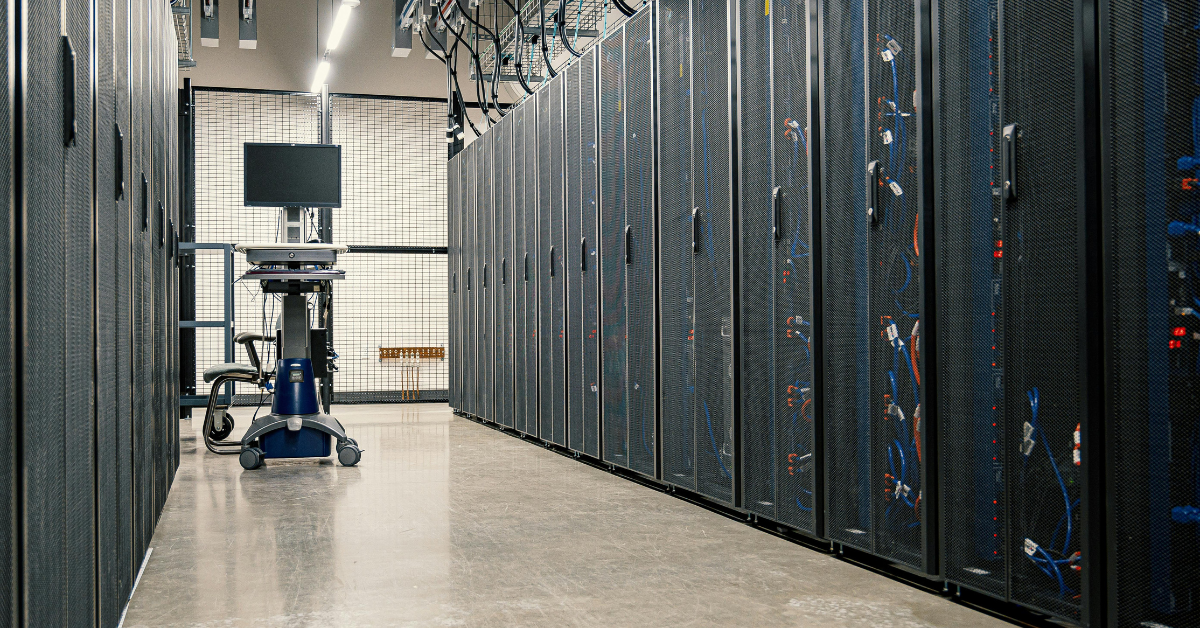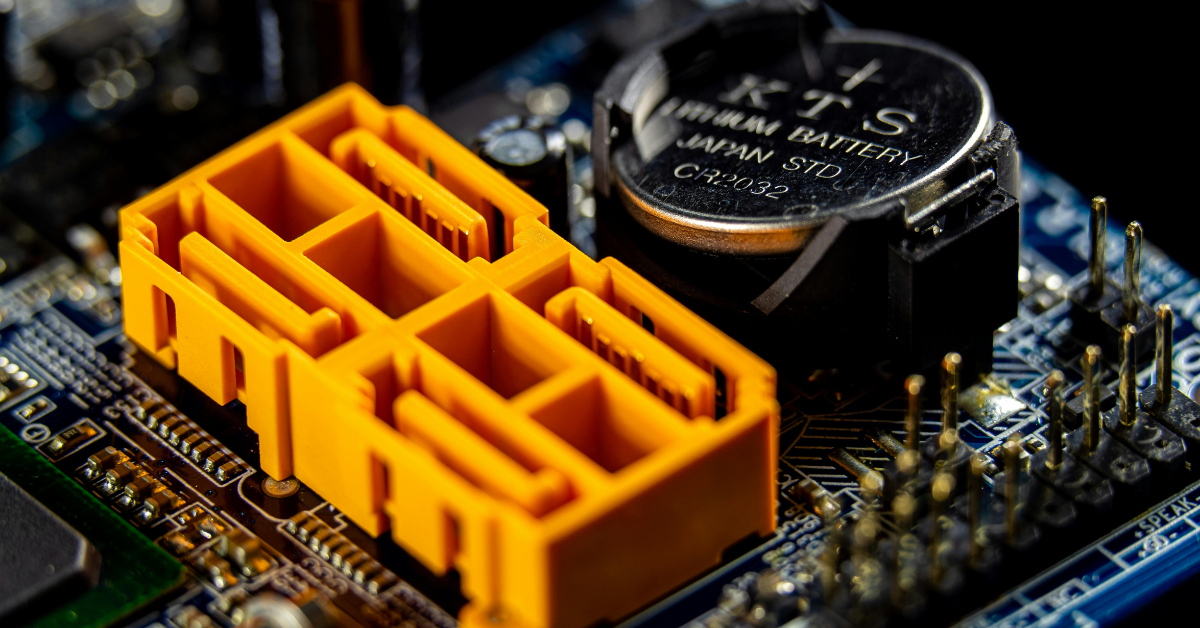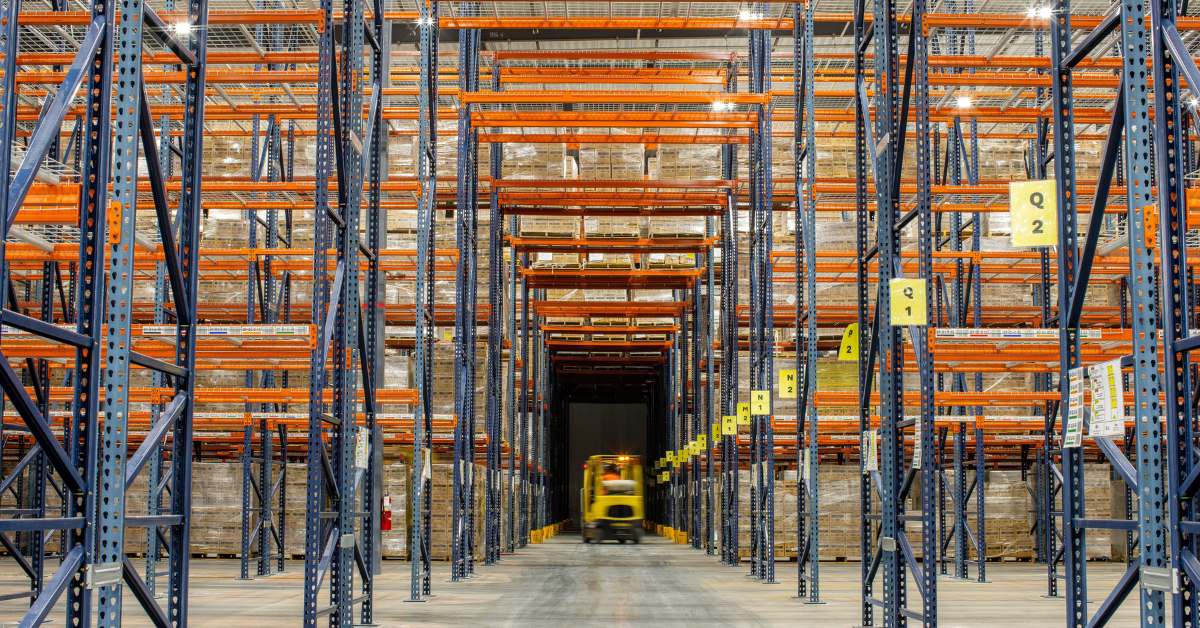Sustainability in Sacramento’s Data Center: Recycling UPS Batteries

Sacramento is rapidly becoming a popular hub for data centers, offering businesses reliable infrastructure, energy-efficient strategies and a commitment to sustainability. As data centers expand to meet the growing demand for digital services, uninterrupted power is crucial for maintaining uptime. Uninterruptible Power Supply (UPS) batteries are essential for providing backup power and preventing data loss during outages. While data centers use various types of batteries, the current trend is shifting toward lithium-ion batteries due to their longer lifespan and higher efficiency. Managing the lifecycle of these batteries—from procurement to decommissioning—requires careful delivery, secure loading and responsible disposal.
The Importance of Local UPS Battery Supply and Logistics
One of the most critical factors in maintaining seamless data center operations is having access to replacement UPS batteries when needed. Efficient storage and timely logistics are key to minimizing downtime and ensuring a continuous power supply. For data facilities in the Sacramento area, storing batteries and related materials like server racks, cabinets and multiple electronic equipment in nearby warehouses can provide a crucial logistical advantage.
Local warehousing ensures quick battery access when replacements are needed and helps streamline the first and final mile. This service involves managing the delivery of UPS batteries from the warehouse to the data center and vice versa with minimal delays.
Why Storying Your UPS Battery Supply Nearby Matters
The proximity of UPS battery storage to a data center can significantly affect the center’s efficiency and sustainability efforts. Here’s why storing your UPS battery supply locally matters:
1. Rapid Response for Emergencies
Data centers are mission-critical environments, and unexpected power outages can lead to data loss, operational delays and financial setbacks. A nearby warehouse unit that stores your UPS battery supply ensures fast access to replacements, reducing downtime and keeping your operations connected and running smoothly.
When an outage occurs, time is of the essence. Delays in accessing replacement UPS batteries could mean longer downtimes, increased risks of data loss and missed opportunities for businesses dependent on uninterrupted access to digital services. With local storage, data centers can respond quickly to power supply disruptions.
2. Efficient Warehousing and Logistics Support
Local warehousing solutions don’t just store batteries—they offer full-scale logistics support. These facilities can manage your UPS battery inventory, ensuring batteries are ready for quick deployment when needed.
Whether you’re upgrading your old UPS system, replacing faulty batteries, or decommissioning old ones, a nearby warehouse reduces logistical complexities, ensuring smooth and timely delivery. The convenience of having a local partner for both storage and delivery operations can significantly improve the efficiency of your data center’s infrastructure management.
3. Coordination for Electronic Waste Recycling
An essential aspect of managing UPS battery life is ensuring that decommissioned units are recycled responsibly. Partnering with local warehouses that specialize in with battery recycling simplifies this process, as they can handle the removal of old batteries and coordinate directly with electronic waste recycling centers in Sacramento.
This approach saves time, ensures compliance with environmental regulations and helps reduce your data center’s carbon footprint. By choosing a warehousing partner that integrates logistics and recycling programs, data centers can streamline operations and support a more sustainable future.
These facilities also manage the disposal of decommissioned parts, coordinating with waste recycling centers to responsibly dispose of old and used batteries in line with industry standards and eco-friendly practices.
Choosing the Right Partner
Selecting the right logistics and warehousing partner can be transformative for data center managers. It’s not just about storing and delivering UPS batteries; make sure to choose collaborators who work closely with ITAD and electronic waste recycling companies to handle the removal, loading and safe disposal of decommissioned batteries, including lithium-ion units. Our comprehensive services cover delivery, secure loading and environmentally responsible disposal and we can also help find storage solutions if needed and hazmat drivers for transporting hazardous materials. These partnerships ensure an eco-friendly approach that aligns with your operational and sustainability goals.
End-to-End Logistics and Recycling Management
An ideal logistics partner not only handles the delivery of UPS batteries but also provides comprehensive, end-to-end support. This includes coordinating with recycling centers to recycle batteries responsibly and ensuring regulatory compliance. A logistics partner experienced in electronic waste disposal ensures that UPS batteries are managed safely and efficiently, reducing your data center’s environmental footprint and contributing to a more sustainable future.
A partner offering warehousing, delivery and recycling services enhances operational efficiency. By streamlining the entire battery lifecycle—from receiving new units to recycling decommissioned ones—your data center can maintain uninterrupted uptime while advancing sustainability goals. This approach improves operational efficiency and supports long-term environmental commitments.
First and Final Mile Delivery
First- and final-mile logistics are essential for an efficient delivery process. Warehouses offering these services ensure batteries and other materials are transported smoothly from storage to the data center.
Additionally, these warehouses manage the removal and transport of decommissioned batteries to local electronic waste recycling facilities, ensuring a seamless and environmentally responsible disposal process.
Sustainable UPS Battery Management in Sacramento Data Centers
The lifecycle of a UPS battery involves several stages—procurement, storage, usage and ultimately, recycling. Each phase requires specific strategies to ensure sustainability and operational efficiency, particularly as Sacramento data centers focus on eco-friendly practices to reduce their environmental impact. While various types of batteries are used, the trend is shifting toward lithium-ion batteries for their longer lifespan and higher efficiency.
These facilities are implementing measures like renewable energy, energy-efficient designs and partnerships with electronic waste recycling centers to responsibly manage spent UPS batteries. Collaborating with logistics partners who support these sustainable initiatives helps data centers achieve their environmental goals—a crucial step as the tech industry moves toward greener standards increasingly demanded by clients and stakeholders.
Sacramento also plays a key role in digital waste sustainability, with local facilities dedicated to keeping hazardous materials out of landfills. A logistics partner experienced in electronic waste disposal ensures that UPS batteries, including lithium-ion units, are handled safely and efficiently, reducing your data center’s environmental footprint and contributing to a more sustainable future.
Environmental Responsibility and Compliance
Environmental responsibility is crucial in today’s data center operations. Partnering with logistics providers that meet EPA and industry standards ensures safe disposal practices and minimizes environmental impact. Our services include indemnity contracts for added protection, and we can provide Certificates of Destruction for all batteries, guaranteeing compliance and traceability. Certified providers following proper disposal protocols help your company meet its environmental obligations and uphold industry standards.
Next Steps: Focus on Efficiency and Sustainability
Sacramento stands out as an ideal location for data centers in California, offering strategic advantages, robust infrastructure and a business-friendly environment. Its proximity to major tech markets like Silicon Valley and San Francisco, along with a commitment to renewable energy, aligns with the growing demand for sustainable data center solutions. Whether relocating an office or a data center, thoroughly planning each aspect of the process ensures a seamless transition.
Partnering with a Sacramento-based logistics provider guarantees timely storage and delivery of UPS lithium-ion batteries, as well as responsible removal and recycling of decommissioned units. By prioritizing sustainability and streamlined logistics, data hubs can reduce downtime, lower their environmental footprint and maintain regulatory compliance.
Are you planning to relocate your business to Sacramento? Explore Armstrong’s moving services and enjoy a seamless transition. Our local Sacramento movers provide specialized logistical support so you can focus on keeping your business running smoothly.


